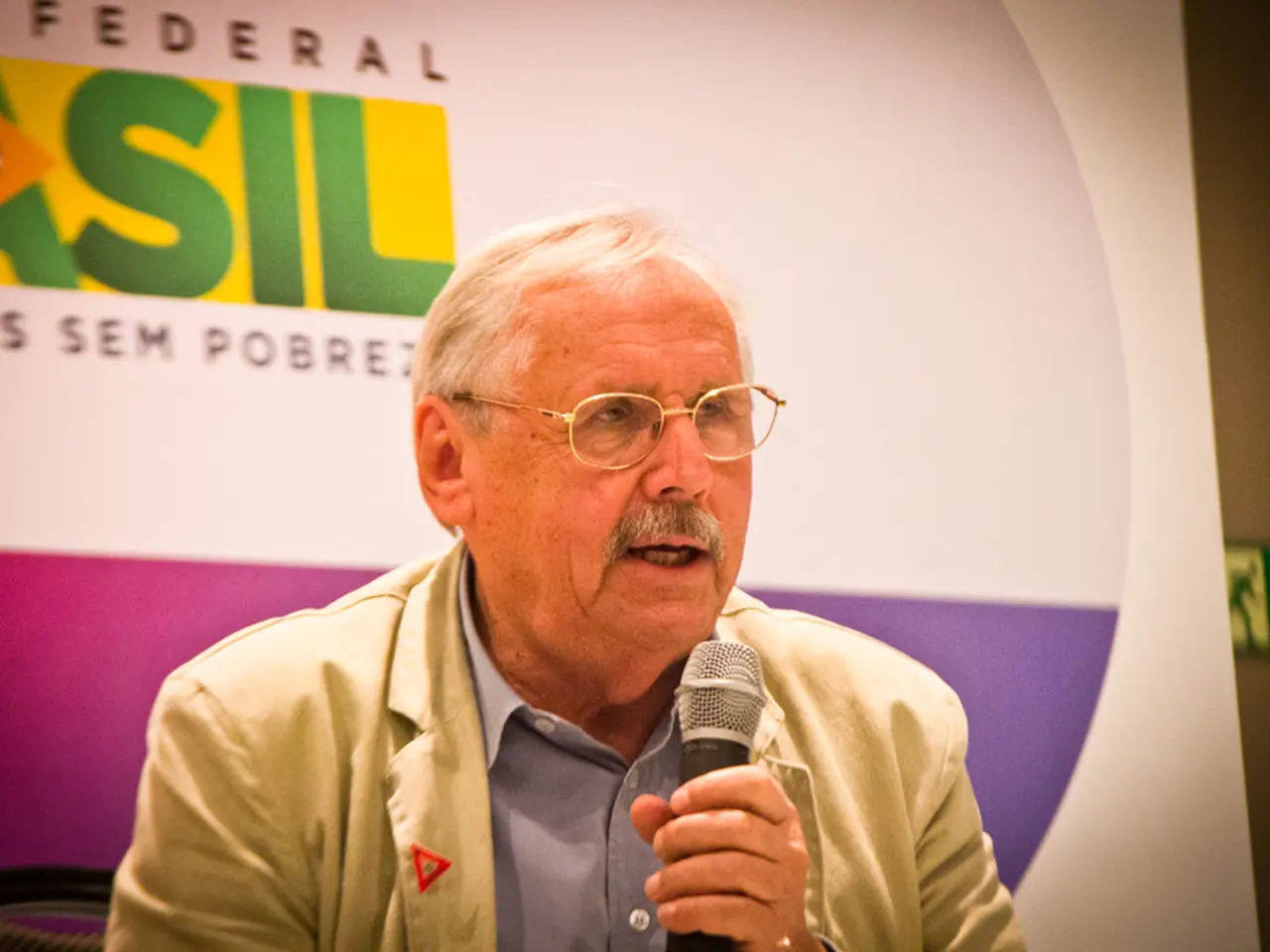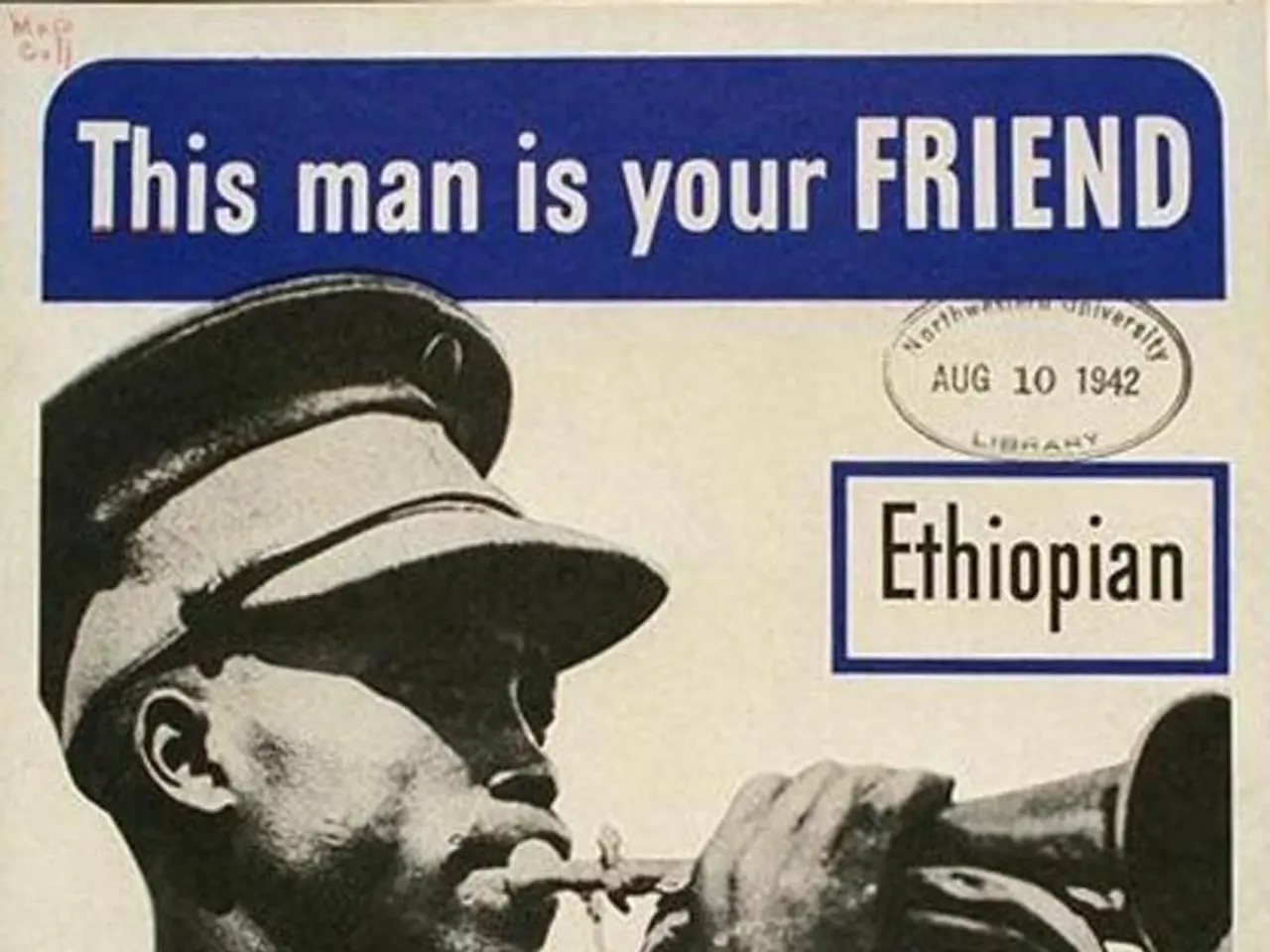Organizer Bob Geldof expresses deep discontent forty years since Live Aid event
In the heart of northern Ethiopia, the region of Tigray is currently grappling with a severe humanitarian emergency, a crisis driven by a perfect storm of armed conflict, extreme drought, and political instability. This crisis, unfolding in 2023, has left millions facing extreme hunger and in dire need of food assistance.
The current situation is dire, with millions of Ethiopians, including those in Tigray, facing severe food insecurity. The United Nations World Food Programme (WFP) has intensified its efforts since late 2023, aiming to deliver food to up to 3 million Ethiopians, underscoring the urgent need to avert a humanitarian catastrophe.
Conflict and displacement have been major factors exacerbating the crisis. Renewed fighting in Tigray and ongoing conflicts in neighboring regions such as Amhara and Oromia have forced over 3.3 million people to flee their homes, many of whom are now trapped in overcrowded camps with little access to aid.
The crisis has taken a heavy toll on the health and education of the population. Acute malnutrition rates have surpassed critical thresholds in several areas, and over 9 million children are out of school due to conflict and displacement. This situation threatens the long-term impact on human development.
The roots of the hunger crisis can be traced back to several factors. The Tigray war, which reignited tensions in 2023, has disrupted food production and distribution, and restricted humanitarian access, making aid delivery difficult in many areas.
In addition, the Horn of Africa, including Tigray, has been suffering from a prolonged drought — the longest and most severe on record. This has led to poor harvests and decimated livestock, a key source of income and nutrition for pastoral communities. The failed rainy seasons have severely limited food availability and pushed commodity prices to all-time highs.
Political instability has also played a significant role. Ethiopia’s federal government has faced criticism for political mismanagement and excluding key groups from peace negotiations, which has hindered national reconciliation and prolonged instability. This political environment has contributed to the persistence and spread of conflict and food insecurity.
Despite international support efforts, aid has been insufficient or delayed due to logistical hurdles, donor fatigue, and bureaucratic obstacles. The true extent of the suffering in Tigray is hard to estimate, but it is an enormous and unnecessary tragedy that is largely invisible to the world.
As we reflect on the 40th anniversary of the "Live Aid" concerts, it is disheartening to see that the current situation in Tigray serves as a stark reminder of how much progress has been undone. The hope that humanity will prevail and a child who is hungry will be fed still resonates, but the current crisis in Tigray is not receiving adequate attention, much like other crises in Africa, such as in Sudan and the Congo.
Singer Bob Geldof, who organized the "Live Aid" concerts, is frustrated by the current situation in Ethiopia and fears that a new famine would not receive enough attention in the news. He still hopes that 40 years later, humanity will rise to the challenge and alleviate the suffering in Tigray and similar crisis regions.
The United Nations World Food Programme (WFP) has intensified its efforts, aiming to deliver food to up to 3 million Ethiopians, highlighting the urgent need for a comprehensive employment policy to address the humanitarian crisis. The political instability in Ethiopia, marked by forcible displacement and conflict, underscores the importance of formulating and implementing community policies focused on conflict resolution, peace negotiations, and national reconciliation.








